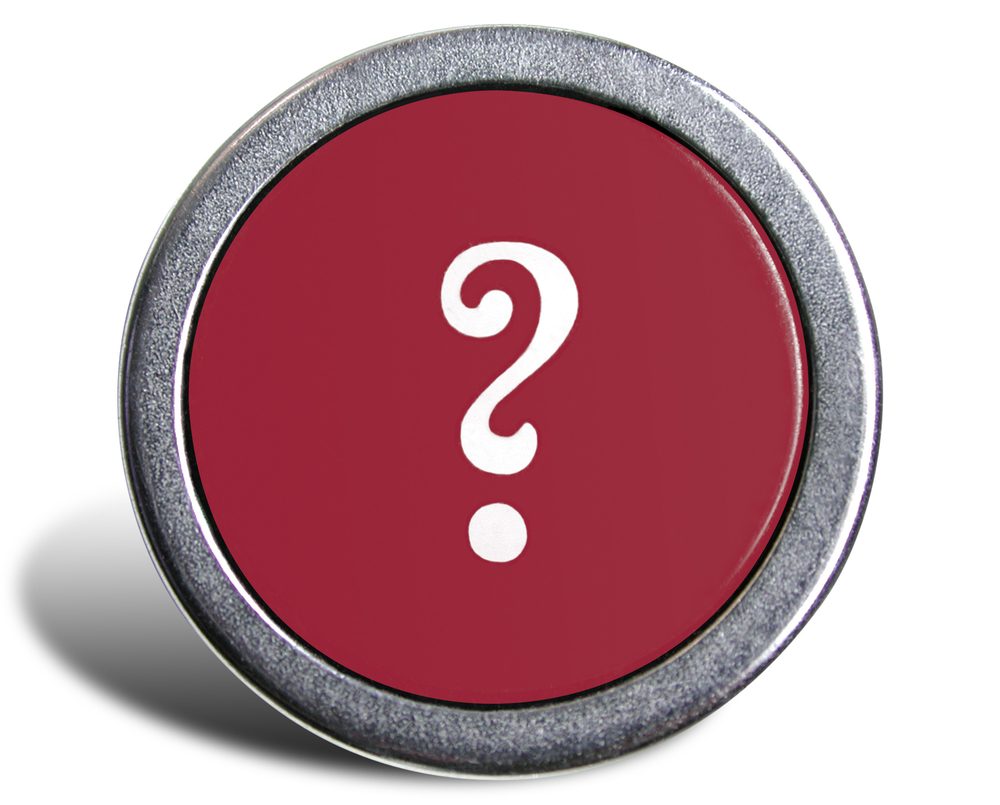Often the conversation about religion gets boiled down to an overly simplistic either/or ultimatum: either you believe in God or you don’t. It would surprise a lot of people to learn that there are many kinds of “-theists” out there, and that all these groups approach the concept of God (or gods) in different ways.
I’ve put together a brief list of seven of the most common “-theist” definitions, along with some fun facts about each. What kind of “-theist” are you?
1. Monotheist
A monotheist is someone who believes in one higher power or deity. The most common examples of this are the Abrahamic religions: Christianity, Judaism, and Islam. The concept of multiple gods is often held as blasphemy in this worldview, and these singular deities are considered to be all-powerful. Monotheism has amassed a lot of institutional authority and therefore tends to co-opt all of “theism” in the mind of the public.
Fun fact: The Abrahamic religions don’t get dibs on this belief system: Vaishnavism, Zoroastrianism, Rastafari, and Sikhism all are monotheistic religions.
2. Deist
Like many of the American founding fathers, deists tend to believe in a monotheistic deity that created the world and then decided to go to sleep, take a vacation, or abandon creation. They also reject the idea of divine revelation, religious doctrine or dogma, and the idea that there are holy books that contain the word of God.
Fun fact: Thomas Jefferson, a deist, rewrote the New Testament to exclude all miracles and references to the supernatural.
3. Pantheist
Pantheists believe that god and the universe are one and the same or that god does not possess any kind of personality or transcendence. In other words, reality is divine. There is also a subset called Scientific Pantheism, which reveres the earth as divine without any kind of supernatural element.
Fun fact: According to an old letter from a close friend, Abraham Lincoln was a pantheist.
4. Polytheist
Polytheists worship multiple deities. Examples of polytheism are the Chinese traditional religion, Hinduism, Shinto, and various neopagan faiths. According to Wiccan practitioner and journalist Margot Adler, polytheism can also be used to describe an open and accepting worldview where all beliefs are considered valid in their own way, different paths leading to the ultimate goal of personal spiritual enlightenment.
Fun fact: Polytheism is the oldest form of belief and still makes up the majority of the world’s religions.
5. Nontheist
Both religious and nonreligious people can be nontheists. Nontheists are simply apathetic about the idea of a divine being, and don’t discuss or think about it. Many agnostics are nontheists, as are many theological noncognitivists who think that concepts like “God” don’t really have valuable meaning.
Fun fact: It is estimated that about 20% of the United States’ population fell into this category as of 2014.
6. Atheist
Atheists do not believe in any divine beings, since such beings have not been sufficiently proven to exist. Most atheists don’t assert the nonexistence of God or gods, and if given sufficient evidence would be willing to acknowledge their existence.
Fun fact: In 2010, 20% of the EU population said they didn’t believe in any kind of god, and in 2015 over 60% of China reported that they were atheist.
7. Antitheist
The antitheist, also known as the “militant atheist,” is opposed to the idea of God, especially the monotheistic religions that have become institutions of political and social power. They believe the concept of gods is harmful and detrimental to society. Christopher Hitchens is a good example of an antitheist.
Fun fact: Another use of the term “antitheist” was coined in 1993, when philosopher Christopher New wondered what a perfectly evil God would look like.
There you have it, some of the primary forms of “-theism” in the world today! I think the most interesting part of this list is that — whichever kind of “-theist” you are — you are (probably) NOT the other ones. That means that by declaring yourself a monotheist, you are asserting as much disbelief as an atheist: you both don’t subscribe to six out of these seven forms of belief. See how easy it is to not believe in something? You’re doing it right now!
Originally published on Medium in December 2017.


Leave a comment